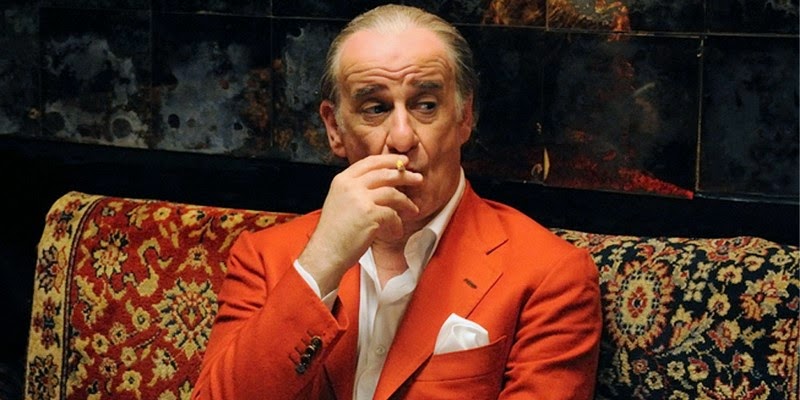
From its early days to far into the 20th century, Italian cinema has sculpted the world of film and has given birth to numerous influential movements, filmmakers and movie masterpieces. Unfortunately, between the 1980s and 2000s, the amount of great films that came from Italy has considerably diminished. Of course, we still had the likes of “Cinema Paradiso”, “Life Is Beautiful” or “The Last Emperor”, but the days of glory were long gone.
After the 2000s, a new wave of filmmakers has helped Italy regain part of its prestige and films such as “The Son’s Room”, “The Best of Youth”, “Gomorrah” or “Il Divo” have brought back hope that brighter days were coming for Italian cinema. As of the 2010s, while it still hasn’t regained its former glory, now and then comes a great film or a promising director which proves that Italy still has a word to say in the world of movies. The 10 titles on this list stand as evidence.
10. Human Capital (dir. Paolo Virzì, 2013)

A dark family drama, social commentary, and gripping whodunit mystery all at the same time, “Human Capital” is based on the homonymous American novel by Stephen Amidon and follows two Italian families from different social classes whose lives are connected after a hit-and-run car accident.
The first family, the middle-class Ossolas, is made up of Dino (Fabrizio Bentivoglio), his second wife Roberta (Valeria Golino) and Serena (Matilda Gioli), his teenage daughter from a previous marriage. Expecting the birth of twins with his second wife, Dino needs money. Enter hedge-fund manager Giovanni (Fabrizio Gifuni), the head of the wealthy Bernaski family who, together with his wife Carla (Valeria Bruni Tedeschi), has a son called Massimiliano (who happens to be dating Dino’s daughter).
Dino decides to invest in Giovanni’s hedge-fund, but he needs money, so he lies to his bank in order to get a loan and hopes that the fund will earn him the money back soon. Bad news – Italy’s economy succumbs to a recession and things don’t go according to plan. As they struggle with their finances and an unexpected and unfortunate event, things only get worse for the two families.
Split into four chapters, each of them placing its focus on a different character, the “Human Capital” tells a complex story about greed, family and class differences that ultimately unravels the mystery which started up the entire plot: who caused the car accident? The terrific acting from all of its casting, great direction from Virzì and its multi-layered narrative turn this movie into one of the most compelling Italian dramas of the decade.
9. Youth (dir. Paolo Sorrentino, 2015)
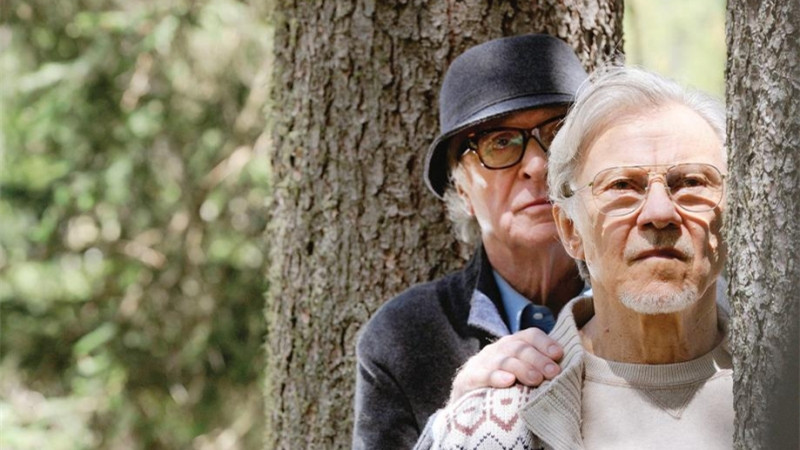
Paolo Sorrentino’s follow up to “The Great Beauty” is a study of old age sprinkled with humor and melancholy that marks the director’s second English language movie after 2011’s “This Must Be The Place”. The film stars Michael Caine as a retired British composer who is spending his summer at a spa resort in the Swiss Alps along with his daughter (Rachel Weisz) and an American film director who happens to be his best friend (played by Harvey Keitel).
This is not Sorrentino’s best work but the wonderful performance from Michael Caine, David Lang’s fantastic score and – as expected from this director – the beautiful cinematography and meticulously choreographed camerawork put “Youth” among the best Italian movies of the decade.
8. Reality (dir. Matteo Garrone, 2012)
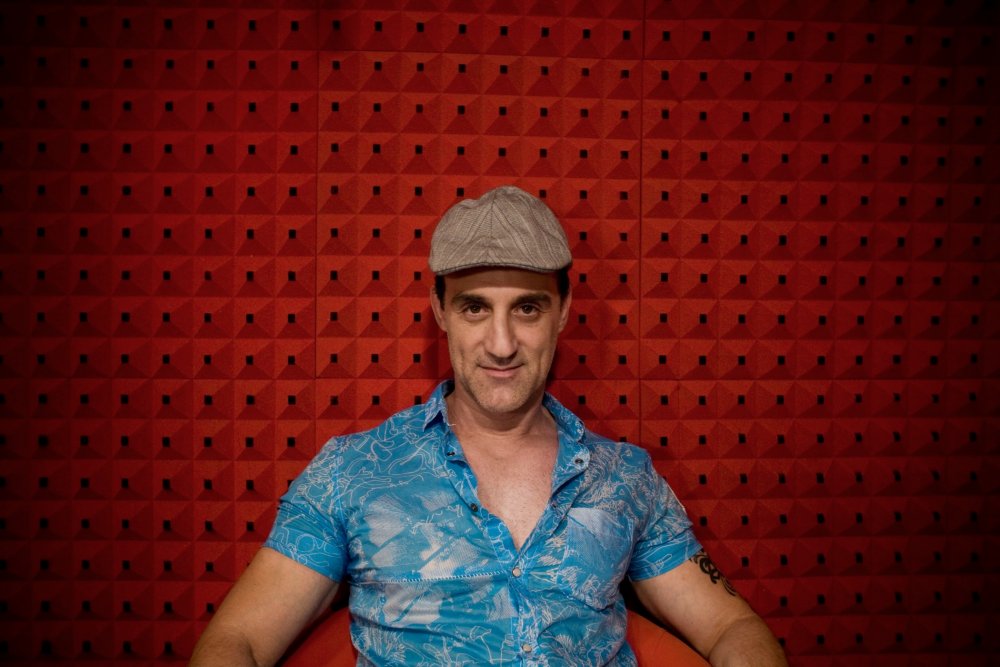
“Reality” tells the surreal story of a man whose life is turned upside down after he auditions for Grande Fratello, the Italian version of the Big Brother reality TV-show.
After one of the producers of Grande Fratello dismisses him for not being interesting enough, Luciano (Aniello Arena), a charismatic fishmonger from Napoli, becomes paranoid and starts to believe that he is being watched by hidden cameras set up by the producers of the show. Desperate to convince the producers to give him another chance at becoming a reality-TV star, Luciano begins to do all kinds of good deeds to show his generosity. But things get out of proportion and soon Luciano’s obsession with the television program starts to drive his family mad.
“Reality” saw director Matteo Garrone making a shift in the tone of his movies after the gritty “Gomorrah” (2008) and earned him a Grand Prix award at the 2012 Cannes Film Festival. Reminiscent of Scorsese’s “King Of Comedy”, “The Truman Show” and the absurdist comedies of Frederico Fellini, the film makes a cynical social commentary on the hollowness of media and society’s obsession with fame.
While it has some pacing issues and never gets better than its opening scene, the fascinating protagonist, ambitious direction and delirious story make “Reality” deserving of its place on this list.
7. Mia Madre (dir. Nanni Moretti, 2016)
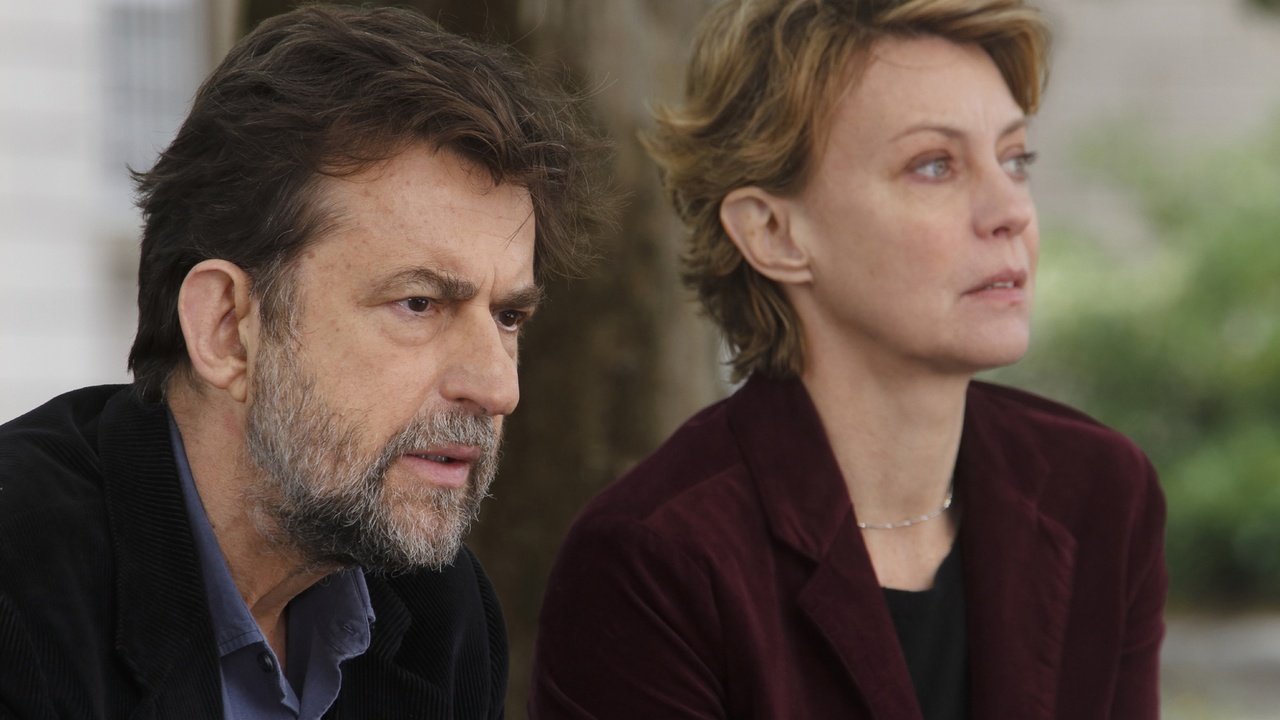
Helmed by Nanni Moretti (director of 2001’s Palme D’or winner “The Son’s Room”), “Mia Madre” stars Margherita Buy as Margherita, a movie director who is working on a big-budget drama about a factory strike called “Noi siamo qui” (“We Are Here”) which stars an American actor (John Turturro) as the factory owner.
Margherita’s movie-making project is hindered by personal problems: she feels estranged from her teenage daughter and is worried by her school performance, she is scared that her ailing mother might die at any moment and, on top of that, she breaks up with her boyfriend, an actor working in the film.
Moretti’s semi-autobiographical character study perfectly depicts the struggles of balancing work life with personal life. With Margherita Buy giving a terrific performance that carries the entire film and a hilarious supporting role from the great John Turturro, the film seamlessly mixes drama with comedy and finds director Nanni Moretti at his best.
6. The Four Times (dir. Michelangelo Frammartino, 2010)
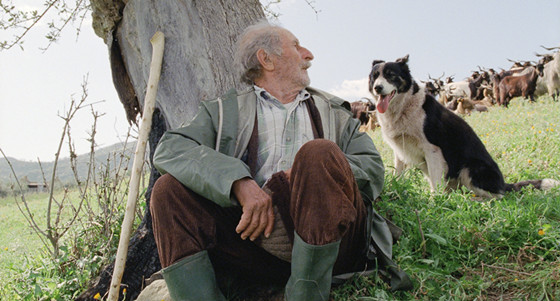
With little to no dialogue, “The Four Times” is a meditative film that depicts the cycles of life in a remote Italian mountain town. As its title suggests, the film is split into four separate parts. We first take a look into the life of an old goat shepherd, then we see a small goat that gets lost from the herd and takes shelter under a tree, then finally we see the tree’s fate from getting cut to being transformed into charcoal.
“The Four Times” was inspired by Pythagoras’ philosophy that all beings contain four lives within them: the human, the animal, the plant and the mineral and was shot in Calabria, the place where Pythagoras is said to have lived as an adult.
Its slow-paced nature, documentary-esque cinematography, lack of dialogue and experimental narrative make it a challenging watch, yet there is something enthralling and profound hidden under its apparent simplicity.